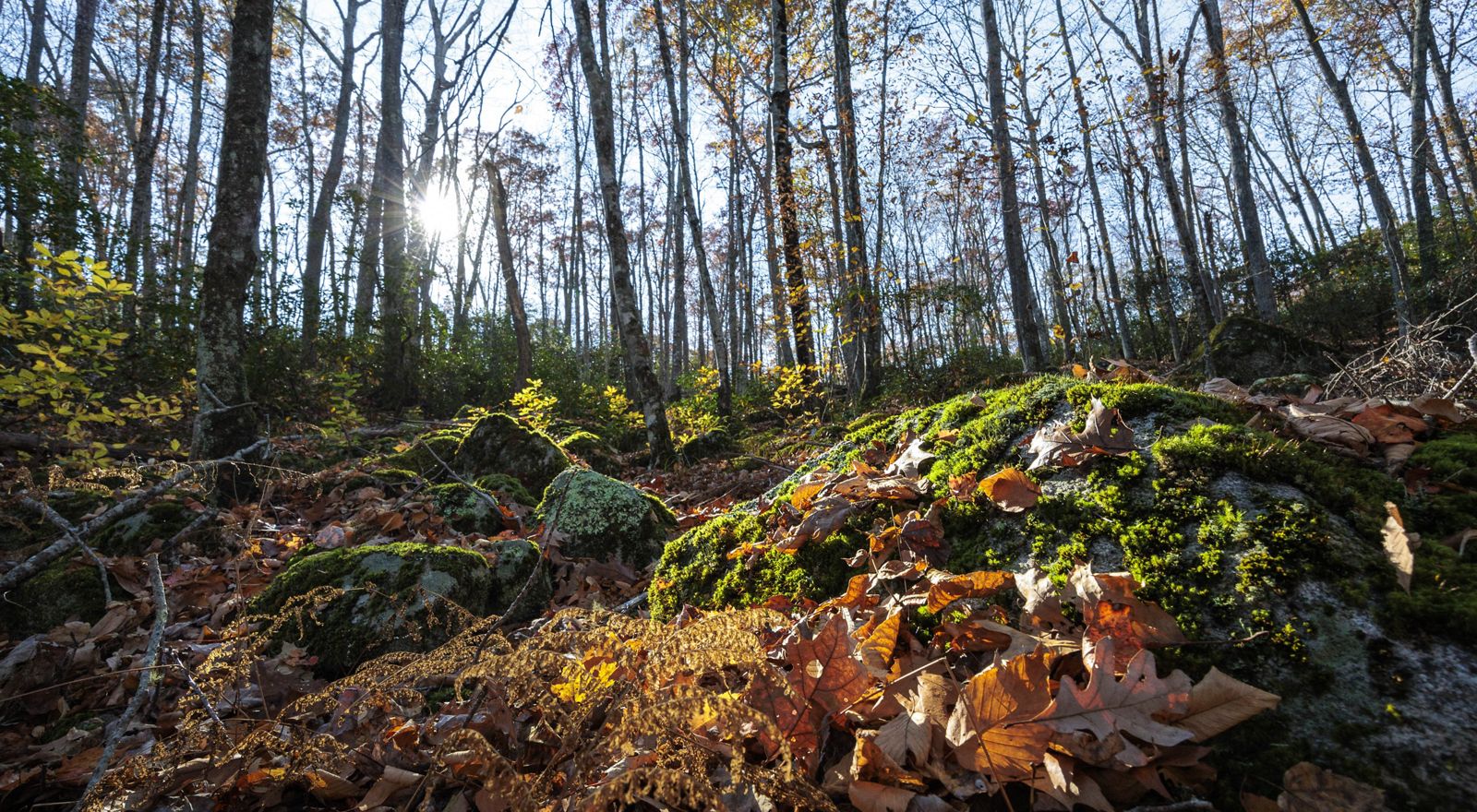The Nature Conservancy Protects 43 Acres in Hopkinton, RI
By Tim Mooney
The Nature Conservancy (TNC) announced that it has acquired two properties in central Hopkinton, boosting the protection of a large wildlife habitat conservation area near the Rhode Island-Connecticut border.
TNC purchased the first property for $370,000, adding 25
acres to the Canonchet
Brook Preserve’s north side. The RI Department of Environmental
Management (DEM) contributed a $185,000 Open Space Grant from the 2022 Green
Bond in exchange for a conservation easement, which provides further legal
protection for the land. TNC matched the state’s funds with support from the
Bafflin Foundation, the Thomas and Dorothy Ginty Memorial Endowment Fund and
the William P. Wharton Trust.
The second property, an 18-acre wooded parcel, was donated by St. John’s Church of Providence, following the subdivision and removal of two small lots with frontage on Stubtown Road.
Both properties are forested with a diverse mix of oaks,
tulip poplars and other hardwoods, with exposed bedrock ledges and dense
thickets of mountain laurel. They also contain small headwater streams that
feed Canonchet Brook, an important tributary of the Wood-Pawcatuck National
Wild and Scenic River.
The acquisitions strengthened the connections between the 820-acre Canonchet Brook Preserve, co-owned and co-managed by The Nature Conservancy and the Hopkinton Land Trust, and the state-owned Rockville Management Area and the Audubon Society of Rhode Island's Long Pond Woods Wildlife Refuge. Together, these lands protect more than 2,100 acres of outstanding habitat for numerous species of “greatest conservation need,” as described in Rhode Island’s statewide Wildlife Action Plan, from bobcats to scarlet tanagers to spotted salamanders.
“The forest around Canonchet Brook is one of the largest natural areas in southern New England and a high priority for conservation,” said Scott Comings, TNC’s associate state director in Rhode Island. “Protecting these two properties helps keep the forest intact and resilient to climate change, so it can continue to sustain migratory birds and other wildlife that need large areas of habitat to thrive.”
TNC also announced several preserve infrastructure projects
that will enhance the Canonchet Brook trail experience for hikers and
birdwatchers. Notably, the parking lot on Route 3 has been completely replaced
and regraded, and a new trailhead and parking area has been established on
Lawton Foster Road North. In early summer, TNC will replace the existing
signage with updated, easy-to-read maps at all four of the preserve’s trailhead
kiosks, welcoming visitors and highlighting popular features.
“There’s a rugged natural beauty at Canonchet that has drawn
people to the area for thousands of years,” Comings continued. “It’s a sacred
site for Indigenous peoples, and I think you can sense that as you walk the
trails.”
New signs and parking are aimed at improving public access
to the Narragansett Trail, which was developed in the 1930s but fell into
disuse after World War II. The Appalachian Mountain Club’s Narragansett Chapter
is leading the effort to restore 18 miles of the Narragansett Trail across
South Kingstown, Charlestown and Hopkinton. Five miles of the historic route
overlap with the Canonchet Brook Preserve trail system.
The projects are being supported by a $48,000 Recreational
Trails Grant, administered by DEM and funded by the Federal Highway
Administration. For parking lot repairs at Canonchet Brook Preserve and the
nearby Ell Pond Preserve, TNC awarded a contract to Larlham Landscape
Construction, located in Charlestown. New trailhead signs are being developed
in partnership with Tim Tait Design of North Scituate.
